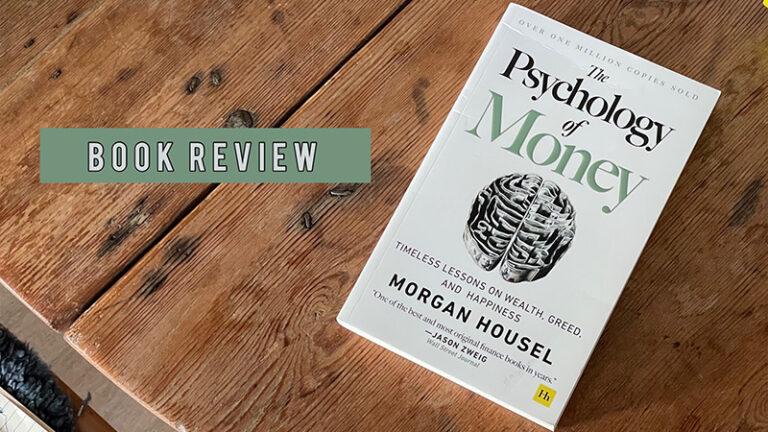“Money’s greatest intrinsic value—and this can’t be overstated—is its ability to give you control over your time.”
Finally we get a book that takes human psychology into account when discussing financial matters. Your financial future will thank for taking the time to reading this book.
The power of first hand experience
When it comes to money we tend to act emotionally rather than rationally. Even if we know how we ought to spend, invest and save our money we often act contrary to our knowledge. We also have different life experiences that color how we view money and investments.
We all have different experiences with money and it shapes how behave. Reading about economic collapse cannot be as powerful as experiencing them first hand.
“Some lessons have to be experienced before they can be understood.”
Be reasonable not rational.
There are more and less rational ways to invest. But since the human brain have a time dealing with the counterintuitive nature of financial phenomena, such as compounding and other factors, it can be hard to follow through on rational investments. Instead of making the perfect investment strategies that will be emotionally hard to stick to, do just good enough ones that are easy for you to follow through on regardless of the market situation.
I invested in bitcoin a few years back, but I could take the ups and downs. Buy & hold would have bind the best strategy in hindsight, but I was too human.
Anything you do that keeps you in the game has an advantage. It might be a small percentage of your saving that you dedicate to speculative investment in crypto or risky stocks then so be it. If that’s the excitement you need in order keep you from tampering with you less exciting assets like index funds. If that motivates you to keep saving then it’s worth it.
The most important thing is to not interrupt the compounding effect.
The magic of compounding interest and time
Warren Buffet has compounded at 22% annually. Jim Simons has the record is 66 precent annually. But why is Jim 75% less rich than Buffett?
The secret to buffets success is time. That’s how compounding works. Because he started earlier. Buffett started investing when he was 11. Starting early is the key! The compound effect is insane if you allow it to work it’s magic.
“The counterintuitive nature of compounding leads even the smartest of us to overlook its power.”
⭐️ TAKEAWAYS:
Avoid the extremes. Steady returns over a long time is the way to go. High savings rate and time are your friends.
⚖️ Verdict:
Its great to see a personal finance book hit the market that takes into account how humans actually act and behave (l.e NOT rational) when it come to money and saving. I enjoyed general guidelines the book provided and I will apply it to my own savings.
⭐️ ⭐️ ⭐️ ⭐️ out of 5
Books like The Psychology of Money and further reading:
If you Like the Psychology of Money then you might want to check out:
– The Richest Man in Babylon – Review (By Ryan Carter)
– The Snowball: Warren Buffer and The Business of Life – Review coming soon!
Find more great reads on my book reviews page and the Great Books List
Video Reviews every week on YouTube



One thought on “Quick Review: The Psychology of Money By Morgan Housel”